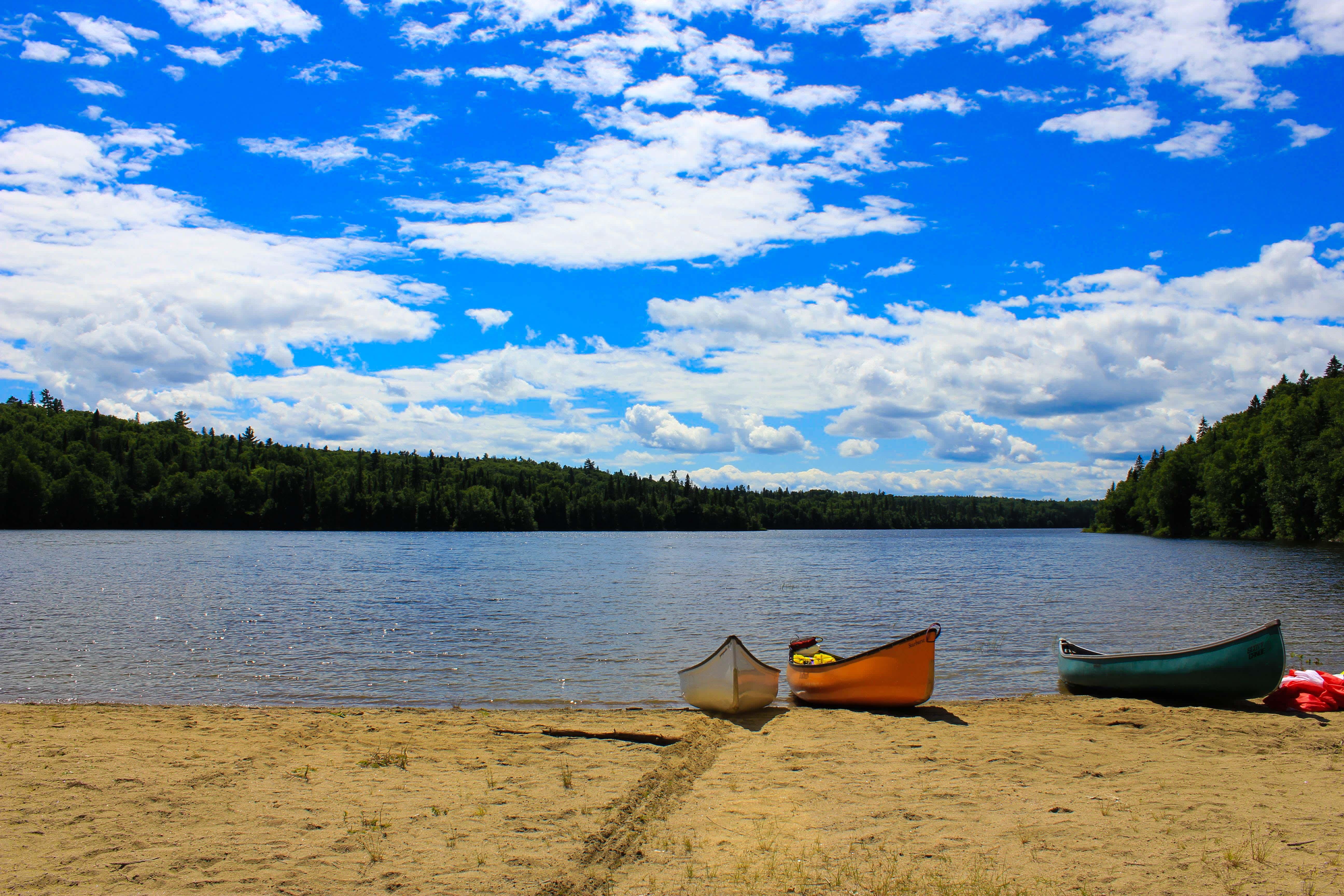Summer Camping: Don’t Let Heat Beat You
Dave Maas 07.15.16

A camping trip to a favorite lake or campground is a perfect mid-summer getaway for the family. And while these days are usually filled with carefree nature hikes and hot dog roasts, there’s need for a bit of awareness among campers and anyone else who spends long, hot summer days outdoors.
High temperatures, high humidity and physical exertion are a combination that could lead to someone in your group suffering heat exhaustion. It’s a condition that can come on suddenly, or sneak up slowly, but there are clear signs of its approach. They’re signs that, if unheeded, could lead to something much worse—heatstroke.
Heat exhaustion occurs when someone who has been exposed to heat for some time becomes dehydrated or loses too much of their natural salts through perspiration. One sure sign of heat exhaustion is when the victim’s skin feels cool and moist, even during the heat of the day.
Other symptoms include heavy sweating, faintness, dizziness, fatigue and a weak, rapid pulse. The victim could also have a headache, feel nauseous or suffer from muscle cramps.
Any combination of these symptoms should trigger immediate action. Cease all physical activity and seek a cool place to rest. Replace lost body moisture by drinking cool water or sports drinks.
Typically, this is enough to abate heat exhaustion, but if the symptoms worsen or linger for more than an hour, or the body temperature reaches 104 degrees, get immediate medical attention.
Heat Exhaustion Unchecked
If not caught in time, heat exhaustion can turn into heatstroke, a potentially life-threatening condition that’s earmarked by a body temperature of 104 degrees or higher.
Flushed red skin that can feel hot-and-dry, or moist, rapid breathing and a racing heartbeat are all signs, as well. The victim may also become confused or agitated, and exhibit slurred speech.
Heatstroke is cause for calling 911 immediately, or transporting the victim to a hospital if you can’t reach emergency help. While waiting for paramedics, or while you’re heading to the emergency room, remove unnecessary clothing from the victim. Fan the person while wetting the skin with cool water. Or better yet, put ice packs under the armpits, in the groin area, and on the neck and back.
Heat exhaustion and heatstroke are serious conditions; be aware and be prepared the next time you go camping.

